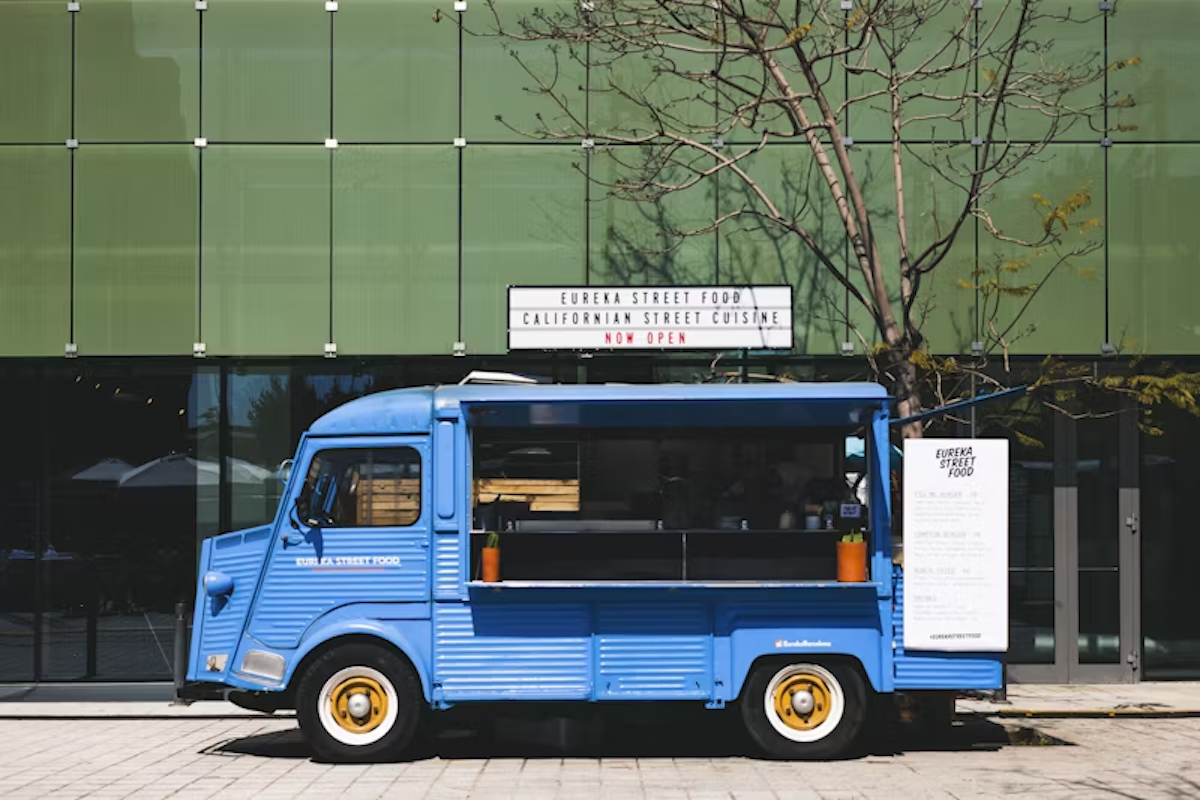13 min read
How to Make a Franchise: 5 Steps from Idea to Launch Day
Franchising your restaurant can unlock massive growth potential, allowing you to expand your concept far beyond a single location. It’s a chance to ...
5 min read

Getting your food truck concept licensed might feel like a lot, but it’s manageable. Tackle it step by step, staying on top of the paperwork.
Before applying, make sure you’ve gathered the right documents. Most cities ask for:
Keep digital and printed copies of each document and double-check that everything is up to date to avoid delays. Check if your city lets you apply online. If so, follow the upload instructions carefully and make sure your files meet the required formats.
Once your documents are ready, it’s time to submit your application. This usually happens through your city or county office. Some cities accept online applications, while others still require you to apply in person. You may also need extra paperwork, such as a fire safety permit, to finish the process.
Be sure to follow all instructions carefully. Missing a step can delay approval. When in doubt, get in touch with your city’s licensing department. And don’t forget to save backups of all your submitted paperwork.
After sending in your application, you’ll go through inspections before getting approved. Most cities send the health department (and sometimes the fire marshal) to ensure your truck is up to code. That includes checking for a working fire suppression system, functional equipment, and safe food handling practices.
Clean everything well, stock your supplies, and have your documents ready. If something doesn’t meet standards, they’ll give you a chance to fix it and reschedule. Passing inspections is the last big step before opening.
Licensing your food truck impacts your overall startup costs. Take time to understand the financial side so you’re prepared from the beginning.
The total cost of permits and licenses varies depending on your city and state. In general, you can expect to pay:
Planning to operate in more than one city? Be aware that some places require annual renewal fees. It’s best to look up local costs and add them to your budget from the start.
Licensing costs can quickly add up if you’re not prepared. Build them into your startup budget early, along with other one-time and recurring expenses. If money’s tight, explore small business grants, local programs, or microloans that support new food businesses.
Some cities also offer fee waivers or payment plans for qualifying vendors. It’s good practice to keep a buffer in your budget for unexpected costs. Permits, for instance, may come with add-ons or renewal fees that aren’t always listed upfront.
Having a license isn’t a one-off—it comes with ongoing responsibilities. Most cities ask you to renew each year, and missing that window can bring penalties or delays.
Add renewal dates to your calendar, and touch base with your local health or licensing office from time to time in case anything’s changed. Stay on top of:
Maintaining compliance protects your business, reputation, and bottom line.
Starting a food truck raises lots of questions, especially around the licenses required. These quick answers cover the basics to help you get the ball rolling with confidence.
No, you don’t need an LLC to start a food truck. However, it can be a strategic move. An LLC helps protect your personal assets and can simplify things for tax purposes.
Food truck income can vary significantly. Some food truck owners can make well over $100,000 per year, while others earn a lot less. It depends on the location, hours, and expenses. Busy cities and popular events usually mean more sales.
You can finance a food truck through savings, small business loans, or equipment financing. Some people use personal loans or ask family and friends for help. Look into grants or programs for new business owners as well.
Food trucks can average between $5,000 to $10,000 per week. This range depends on factors like the location, menu items, and operating hours. While some trucks may earn more, other food trucks might bring in less, especially when starting out.
Food truck owners can work around 10 to 14 hours a day. That includes food preparation, driving, setup, serving, and cleanup. Some days are longer, especially during events or weekends.
Running a successful food truck starts with getting the right licenses. From business registration to public health permits and zoning approvals, each step plays a role in keeping your operation legal and protected.
Remember that staying compliant is just as important. It helps you avoid fines, delays, and getting shut down. Once you’ve checked all the boxes, you can focus on serving customers and growing your business.
Ready to boost your food truck with tools that support online ordering, loyalty programs, and more? Download the Paytronix Online Ordering Guide to see how smarter tools can boost sales and simplify service.